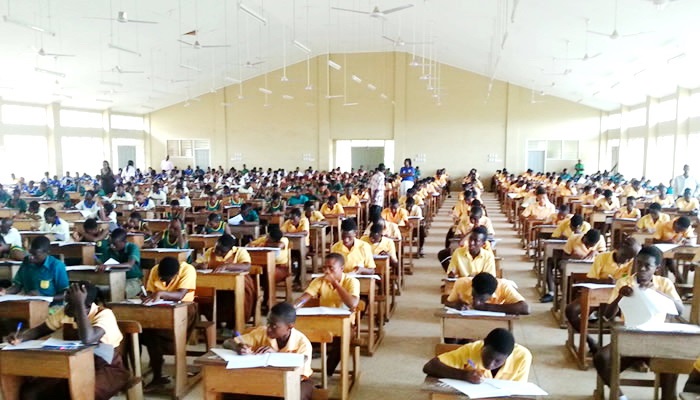3 Judges sacked for watching porn
- Posted on
- Comment
 Three judges have been sacked for viewing pornographic material via their official IT accounts, the Judicial Conduct Investigations Office has said.
Three judges have been sacked for viewing pornographic material via their official IT accounts, the Judicial Conduct Investigations Office has said.
The pornography was not illegal in content, a spokesman added.
However the Lord Chancellor and the Lord Chief Justice concluded it was an “inexcusable misuse” of their official accounts and “wholly unacceptable conduct for a judicial office holder”.
A fourth judge resigned before the official inquiry had concluded.
District Judge Timothy Bowles, Immigration Judge Warren Grant and Deputy District Judge and Recorder Peter Bullock have been removed from office.
The three judges were not linked in any way. A fourth judge, Recorder Andrew Maw, was also found to have viewed similar inappropriate material via his judicial IT account.
Judge Maw worked at Lincoln County Court, District Judge Bowles at Romford County Court, Judge Bullock on the North Eastern Circuit, and Judge Grant at the Immigration and Asylum Chamber, based at Taylor House in London.
Analysis Clive Coleman, BBC legal correspondent
Today’s announcement is unprecedented. It is exceptionally rare for a judge to be removed from office.
For three judges, albeit pretty junior ones, to be sacked at the same time represents a serious blow to the reputation of the judiciary.
However, there is no suggestion that any of the sacked judges did anything illegal in accessing pornography via their judicial computers. Had they done the same thing at home there would have been little basis for dismissing them.
This is purely a question of misconduct and the misuse of judicial IT accounts paid for by the taxpayer.
Should any of the three wish to challenge their dismissal, it would open up the interesting prospect of a former judge bringing a judicial review of the decision to remove them as a judge, which itself would be heard by a judge.

‘Question of conduct’
The Lord Chancellor and the Lord Chief Justice would have removed Recorder Maw had he not resigned before the conclusion of the disciplinary process.
It is a question of whether of not the judiciary system is being drawn into disrepute, he said.
He added: “There’s no suggestion at all that the judges have done anything illegal; it is a question of conduct.”
He said the Judicial Conduct Investigations Office (JCIO) “carefully monitors” judicial conduct.
A spokesman for the JCIO would not comment on what led to the inquiry, or whether the judges’ contracts included any clauses on the use of their official IT accounts.
The spokesman told the BBC that though the judges would no longer be allowed to work in a judicial role, they can still pursue other work.
He said: “As far as I’m aware the judges are not appealing the decision.”
‘Undiagnosed depression’
Former Immigration Judge Warren Grant said he had been suffering from “severe and undiagnosed depression” at the time of the allegation.
Mr Grant, who now works as an immigration law specialist at a firm of North London solicitors, issued a statement asking for privacy.
He said: “I do not wish to comment save to say that for some years before, and during, the period covered by the conduct which formed the subject of the complaint laid against me I was suffering from severe and undiagnosed depression.
“I request that the privacy of my family and myself be respected so that we are allowed to continue with our lives.”
Though the JCIO reported today that Recorder Maw resigned ahead of the disciplinary process, a statement from the Courts and Tribunal Judiciary published on 30 September last year reported that he had retired.
The JCIO spokesman told the BBC: “He resigned and took his pension”.
Recorder Maw, 65 when he resigned, was admitted as a solicitor in 1973. He served as a Deputy District Judge in 1983, a District Judge in 1994, Assistant Recorder in 1996 and a Recorder from 2000.
-BBC










 (Selorm) |
(Selorm) |  (Nana Kwesi)
(Nana Kwesi)